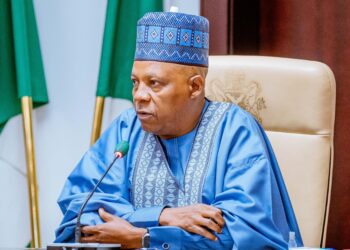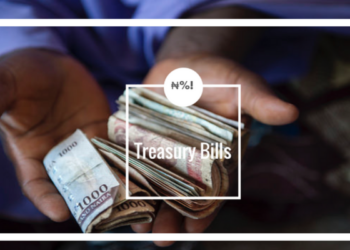The CBN Governor, Godwin Emefiele, has disclosed during the Monetary Policy Committee meeting that the total credit to the economy rose to N19.54tn as of the end of November 13.
According to him, the aggregate domestic credit grew by 7.6% in October 2020 compared with 7.35% Month-on-Month in September.
READ: MTN Nigeria revenues rises to over N100 billion monthly in 2020
In his words, “Total gross credit by the banking industry stood at N19.54tn as at 13th November 2020 compared with N19.33tn at end-August 2020, an increase of N290.13bn. When compared with N15.56tn at the commencement of the LDR policy in May 2019, total gross credit increased by N3.97tn.”
According to Emefiele, the composition of the loans are N738bn to Manufacturing, General commerce N874bn, Agric and forestry N301bn, Construction N291bn, ICT (N231bn), etc.
READ: CBN urges banks to ‘support’ media, aviation industries to avert growing job losses
In the month of October 2020, he stated that 86.23% of the total loans granted to over one million customers by banks were at interest rates considerably below 20% per annum.
(READ MORE: N200 billion Unclaimed Dividend: Securities dealers reject FG’s plan to manage fund)
Bottom line
The MPC was quite optimistic and favorably disposed about the future impact of the disbursements from agri-business/Small and Medium Enterprise Investment Scheme of the sum of N92.90bn to 24,702 beneficiaries; Anchor Borrowers Program – N164.91bn disbursed to 954,279 beneficiaries; and COVID-19 Targeted Credit Facility to household and SMEs, with the sum of N149.21bn to 316,869 beneficiaries.
READ: Nigeria imported over 55% of cooking gas consumed in October 2020























Mashamari ii ward jerelocalgoverment